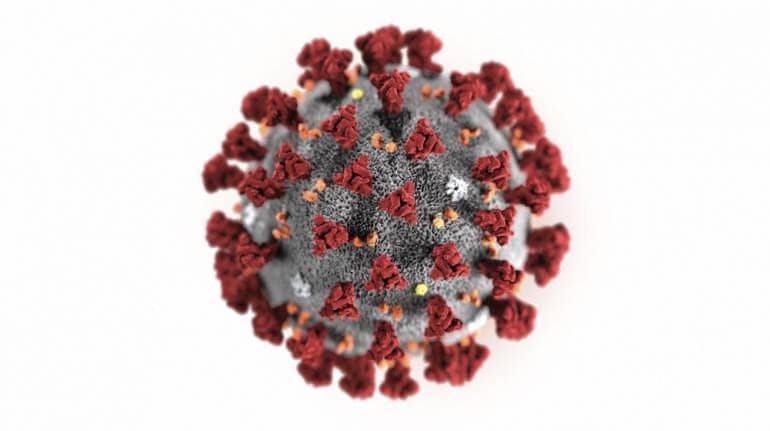



The Indian Council of Medical Research (ICMR) is planning to study whether the novel coronavirus strain in India has undergone mutation while spreading within the country over the last two months.
According to a senior scientist of the country's apex health research body, determining whether or not the SARS-CoV2 strain has changed form will help in ensuring the effectiveness of a potential vaccine.
"The study will also indicate whether it has become more virulent and increased transmission capability."
Samples will be collected from COVID-19 patients to study whether the novel coronavirus strain has mutated or not, he said.
However, the study can begin once the lockdown is lifted since currently there are difficulties involved in transportation of samples from different states and Union Territories, scientists said.
Coronavirus India LIVE Updates
As per Global Initiative on Sharing All Influenza Data (GISAID), so far the maximum difference in the novel coronavirus strain in India has been found to be between 0.2 to 0.9 per cent as compared to the strains in other countries, another scientist said.
GISAID, which promotes international sharing of all influenza virus sequences and related clinical and epidemiological data, has over 7,000 complete genome sequences of SARS-CoV2 deposited by various laboratories across the world where they have classified the virus based on their mutations.
There are chances that people arriving in India from different countries are bringing various strains of the virus.
Three strains of the virus have been traced in India so far. One was from Wuhan, and the other two from Italy and Iran. The sequence of the coronavirus strain from Iran was similar to that of China.
"It will take some time for us to know the predominant quasi-species of the novel coronavirus in the country. But mutations are not likely to make potential vaccines ineffective, as all sub-types of the virus have the same enzymes. Also, it has been in India for three months and it does not mutate very fast," Head of Epidemiology and Communicable Diseases at ICMR Dr Raman R Gangakhedkar had said earlier.
Six Indian companies are working on a vaccine for COVID-19, joining the global race to find a preventive for the deadly infection spreading rapidly across the world.
Nearly 70 'vaccine candidates' are being tested and at least three have moved to the human clinical trial stage, but a vaccine for the novel coronavirus is unlikely to be ready for mass use before 2021.
India has also collaborated with WHO's multi-country "solidarity trial" for developing potential treatments and drugs for COVID-19.
The death toll due to COVID-19 rose to 1,218 and the number of cases climbed to 37,336 in the country on Saturday, according to the Union Health Ministry The number of active COVID-19 cases stood at 26,167, while 9,950 people have recovered and one patient has migrated.
Follow our full coverage of the coronavirus pandemic here.
Discover the latest Business News, Sensex, and Nifty updates. Obtain Personal Finance insights, tax queries, and expert opinions on Moneycontrol or download the Moneycontrol App to stay updated!
Find the best of Al News in one place, specially curated for you every weekend.
Stay on top of the latest tech trends and biggest startup news.